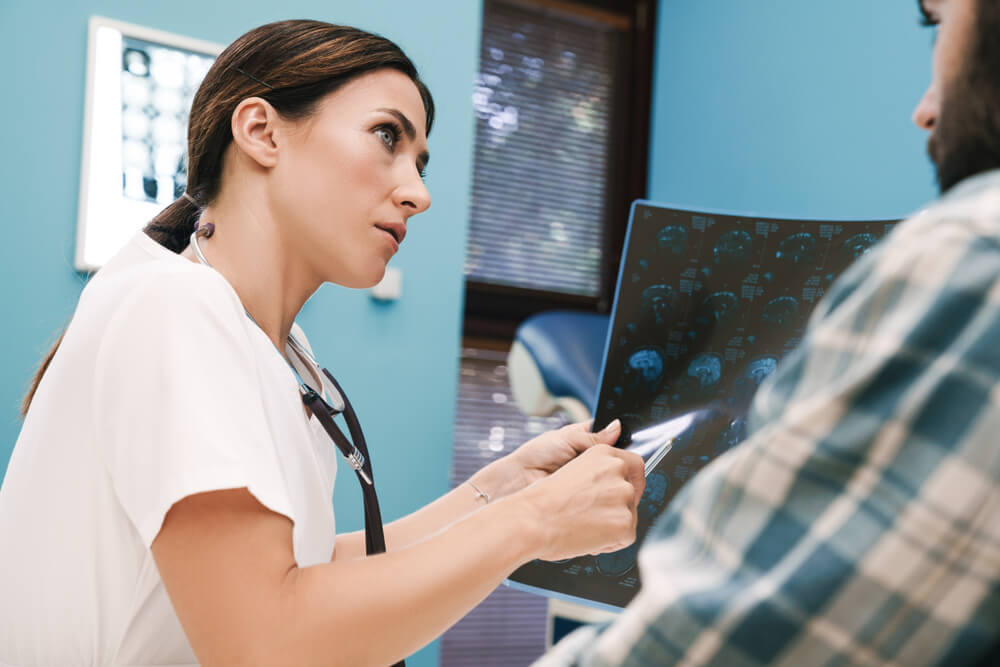
Alcohol Abuse and Liver Disease
Legacy Healing Center Blog
Alcohol Abuse is Leading to an Increase in Liver Disease Among Young Adults
The number of alcohol-related deaths caused by liver disease is on the rise among young adults. A University of Michigan study releveled that cirrhosis mortality related to alcohol use has increased the most in people 25 to 34 years old in recent years. Advanced cirrhosis liver disease caused by alcohol abuse seems to be advancing much more rapidly than what was expected in the past.
Click here to speak with a treatment specialist today or call us anytime 24/7 at (888) 534-2295
Early signs of liver disease are not always obvious, and this lack of detection perpetuates continued alcohol abuse. Once the problem is discovered, it is usually too late to reverse, causing liver cirrhosis and subsequent complications.
The Amazing Liver
The liver is an amazing organ that filters everything that enters the body. It performs over 500 functions that include killing germs, detoxifying harmful substances, building muscle, synthesizing protein, clotting blood, assisting digestion, and much more.
Alcohol-related cirrhosis is a disease that causes cell loss and irreversible scarring of the liver. There is no cure for advanced cirrhosis, and the only treatment option is transplantation.
Advanced cirrhosis of the liver has a life expectancy of 6 months to 2 years, without a transplant. As the liver’s cells begin to die off, scar tissue begins to form in the liver. As this occurs, the functions of the liver are impaired and this causes health problems within the body.
Alcohol-related Liver Disease
Alcohol addiction can cause different types of liver disease, such as: alcoholic hepatitis, alcohol-related cirrhosis, and fatty liver disease. It is estimated that about 20 percent of heavy drinkers will develop cirrhosis, while 35 percent develop hepatitis. Early stage liver damage can be reversed, but cirrhosis cannot be reversed and can lead to fatal liver failure.
Because some symptoms of liver cirrhosis are similar to other ailments, they often go unrecognized. The symptoms of liver disease include:
- Nausea, vomiting, diarrhea, abdominal pain,
- Itchy skin, loss of appetite, changes in weight,
- Fluid retention in the abdomen, swelling in the legs and ankles,
- Fatigue, bruises, fever, weakness,
- Yellowing of the skin or whites of the eyes (jaundice),
- Bloody stool, orange or brown colored urine, light colored stool,
- Changes in personality, disorientation, confusion,
- Infections, high blood pressure
Treatment
If you are diagnosed with mild liver disease, the first thing you should do is stop drinking alcohol. In its early stages, liver disease can be reversed in one month or more by abstaining from alcohol. You must not begin to drink alcohol again after the liver disease has been reversed, or it can reappear.
Moderate liver disease can be treated with medication, eating a more nutritious diet, and exercise. Healthy lifestyle changes can help to improve your condition. If you have severe liver disease, you will need a liver transplant to survive.
Get Help When Stopping Drinking
Alcohol related cirrhosis of the liver means you have to stop drinking. To safely stop drinking, you need the help of addiction specialists who can wean you off of alcohol. Here at Legacy Healing Center we provide medically supervised detox procedures to safely wean you off of alcohol.
You should not attempt to stop drinking on your own, because you may experience life-threatening withdrawal symptoms that you are not prepared to handle. The safest way to stop drinking is at a medically assisted detox center where the medical team will keep you stable and safe throughout the detox process. Get treatment now to stop drinking, before your condition gets worse. Learn more about alcohol detox and rehab programs at Legacy Healing Center by calling 888-534-2295 and find out how you can be free of addiction and prevent liver cirrhosis.